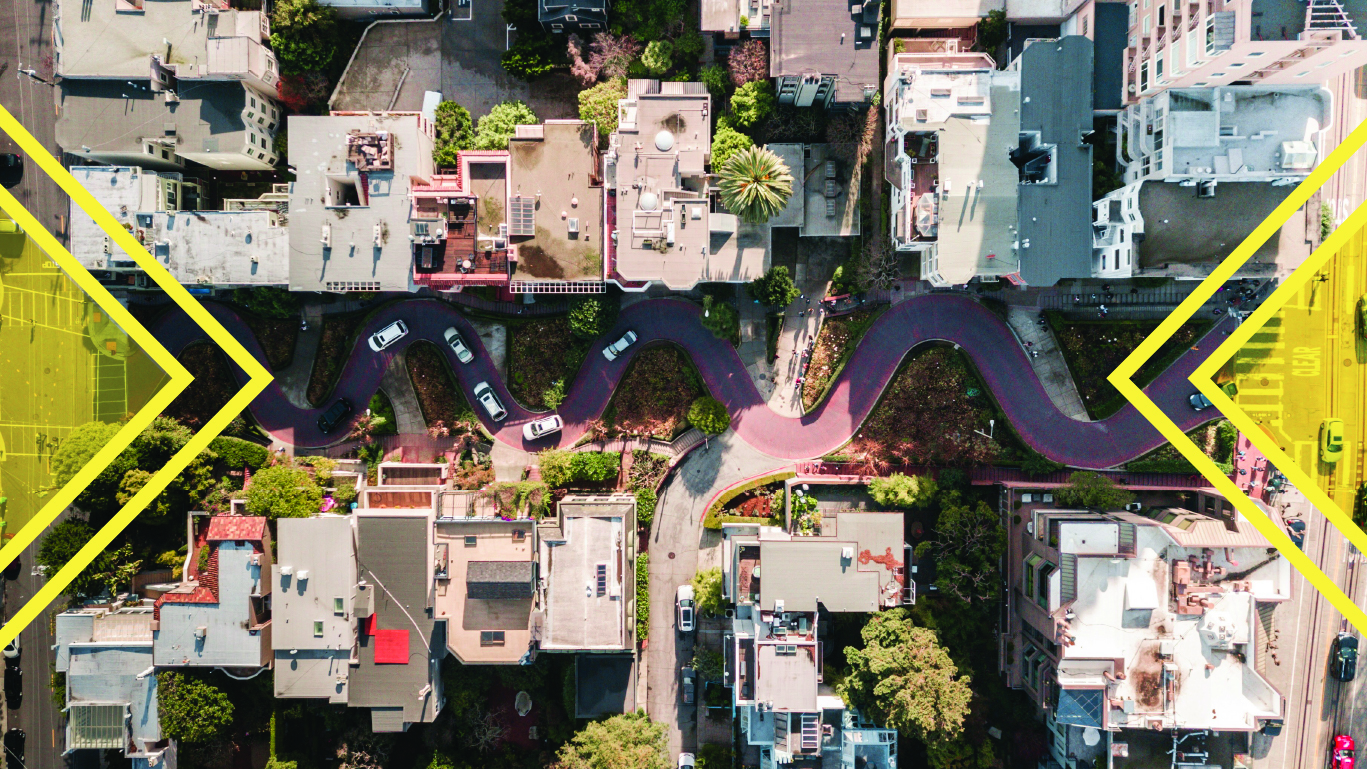Most Americans live in cities; in fact, almost 90% of us will be city residents by 2050. Yet, every community is different and requires locally relevant solutions to the challenges and opportunities they face due to geography, history, industry, and many other place-based factors. City leaders with a local focus and lived experience in the communities they serve have never been more vital and influential in helping communities thrive across the U.S.
Mayor Quinton Lucas of Kansas City, for example, has led the way on free public transportation and the creation of a Housing Trust Fund that has so far allocated about $19 million to support affordable housing projects and create nearly 1,000 affordable units, in a city where he grew up and experienced homelessness. But, resources in these public sector teams are stretched, capacity is limited, and space for creativity to solve systemic issues is hard to come by.
The danger of never making space for creative thinking in local government or empowering city leaders to try new approaches is that inertia is inevitable. If neighborhoods in cities across America are to break out of cycles of inequality and build resiliency and generational wealth, we must embrace new ideas that challenge the status quo.
In that vein, innovative impact leaders are creating ways to overcome capacity hurdles and support the important role that city government plays as a change agent. FUSE is a national nonprofit with a mission to increase the effectiveness of local governments in building more equitable communities. They have a unique method of empowering public sector teams to be the source of creative, community-led solutions for wealth-building among underserved populations.
The FUSE Executive Fellowship Program hires diverse private-sector professionals and embeds them in government agencies on a full-time basis. These fellows bring new ideas, research, and action, all in service of advancing racial equity and addressing pressing challenges facing city communities. This allows FUSE to pursue creative approaches and public-private partnerships. Many fellows continue working in the public sector after their projects are complete, creating a unique pathway for private-sector professionals to make career moves and fulfill their desire to achieve greater impact in the communities where they work and live.
The interventions by the FUSE Executive Fellows always begin with deep community listening, which is the genesis of fresh ideas: from the community, for the community. They integrate insights with data and human-centered design to help address seemingly intractable problems. For example: How can you preserve affordable housing and promote climate resilience in Durham, NC? How can you ensure everyone has access to fresh food in Birmingham, AL? How can local government use data and analytics to reduce reliance on incarceration and drive criminal justice reforms throughout LA County? How can county leadership help bridge the digital equity divide in Central Texas? And — in many places — how do you shift a workforce into a new era of needs and opportunities, post-pandemic?
Washington, D.C., witnessed a tremendous loss of jobs during the pandemic, particularly within the hospitality and leisure industries. The District’s Workforce Investment Council partnered with Karla Yoder, FUSE Executive Fellow to create a strategic plan to create a more resilient local ecosystem, for workers and employers. Yoder’s work not only highlighted how workers earning low wages were bearing the brunt of job losses but also noted accelerated shifts in the workforce landscape, with demand surging for workers in healthcare and technology. These factors underscored the need for employers to embrace skills-based hiring in order to service new and growing needs. In response, Yoder designed recovery initiatives tailored to D.C.’s workforce, including career coaching for unemployed residents and fostering partnerships between employers and skill-training providers.
FUSE Executive Fellow Daniel Han’s work with the City of Long Beach is another great example of innovative solutions supporting those at the highest risk of economic disruption. He helped the City connect nontraditional, community-based lenders to small business owners of color who were struggling to access capital. “The one thing that remains consistent is the critical leadership role that local government has in being a social innovator, change agent, and advocate for creating an inclusive platform for small businesses to thrive in the community,” said Han.
Just recently, FUSE Executive Fellow Kay West embedded with the City of Fort Worth to help revitalize their Economic Development Department’s “Business Assistance Center” to better support small businesses and entrepreneurs. West’s engagement with the community led to changes that made the Center more accessible, responsive, and fortified — including streamlined processes, more flexible opening hours, a more user-friendly “one-stop shop” web experience; and community convenings to foster inclusivity. “It brings me much joy to serve as a community quarterback to propel impact and bring national resources to my city,” said West, who continues to help communities and economic development organizations advance small enterprise initiatives and build capacity for equitable entrepreneurship programs.
The FUSE Executive Fellowship is one of a variety of exciting new localized wealth-building and social innovation models that are emerging. These programs show how fresh perspectives and an injection of creative capacity can make significant changes in large systems. Other models include building strength through networks that share insights and support between cities, like the Strong Cities Network that exists to help leaders address all forms of hate and polarization; or lifting up the voices of the unheard across a state in order to drive policy change, as demonstrated by End Poverty In California, which was founded by the Michael Tubbs, former Mayor of Stockton, California.
We need this variety of solutions and an upswell of energy behind local government action to address a holistic issue like wealth building in underserved communities. Housing, education, workforce development, financial inclusion, small business support, digital equity, social cohesion, place-making, culture building — all of these elements and more are part of empowering a community to define its own future and build economic and social resilience. Funders and impact partners often struggle with how to help drive this type of cohesive community impact, when they are focused on one or two issues.
The FUSE Executive Fellow model offers inspiration for one way forward: harnessing the power of creative individuals to integrate local knowledge, skills from the private sector, and collaborative coalition-building to turn the vision of community wealth-building into concrete policies and initiatives. From helping the City of Houston to create a comprehensive digital inclusion strategy that prioritizes those marginalized households that lack broadband access, to partnering with Cincinnati to help create 4,000 quality green jobs as part of a just transition to the green economy, to empowering Mayor Dickens in Atlanta to launch the Faith Based Development Initiative to create thousands of affordable housing units, the FUSE approach is effectively fast-tracking local government innovation across America.
In a year when national elections will be held in at least 64 countries around the world, it is vital to remember that change starts at home—and local leaders are the ones whose decisions will have the greatest impact on daily lives. In this context, it’s energizing to see impact leaders like FUSE rally behind local government teams and innovate to allow creative, community-driven approaches to wealth building to flourish in cities across the U.S.
Visit fuse.org to learn more about their Executive Fellowship program.

 "
"
